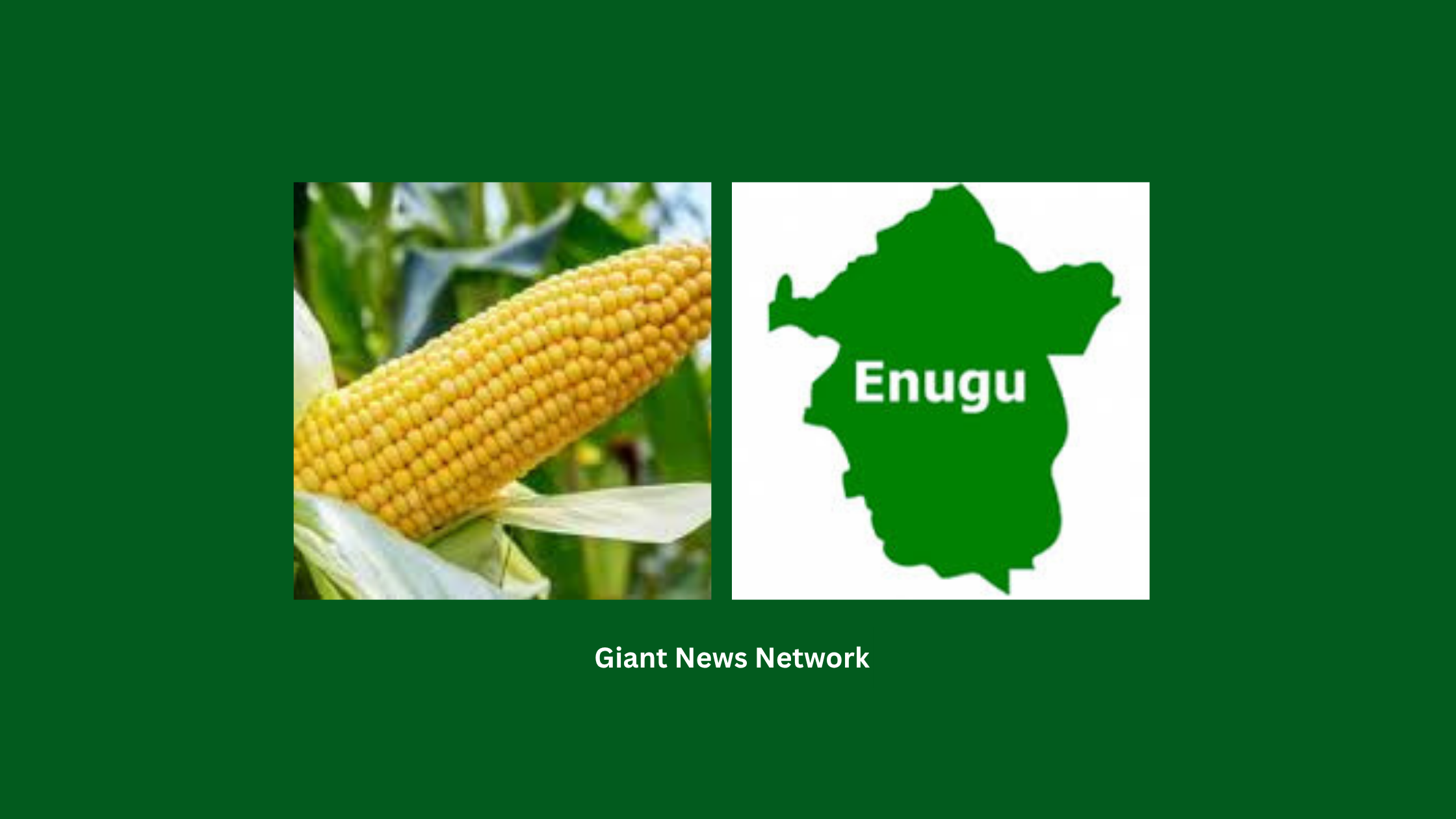Enugu, Nigeria – Corn, once one of the most affordable and beloved staples in Enugu households, has now become a luxury item — thanks to rising costs triggered by climate change, labour expenses, and supply disruptions. A new market survey conducted by the News Agency of Nigeria (NAN) on Tuesday revealed that the price of corn has jumped by 50 per cent, putting pressure on both buyers and sellers.
From the streets where roasted and boiled corn are sold to the farms where they’re grown, everyone in the value chain is feeling the pinch. And for many residents of Enugu, it’s no longer just about food — it’s about survival.
The steep rise in price is linked to climate change, according to farmers and traders interviewed during the survey. They say this year’s unpredictable rainfall pattern has negatively impacted harvests. Without regular rain, corn crops failed to mature properly, reducing supply and pushing up costs.
Mr. John Oroke, a local farmer, explained that corn relies heavily on consistent rainfall to grow well. He said the inconsistent and delayed rains this year have led to lower yields. He also warned that applying fertilizer during dry spells can destroy crops instead of helping them grow.
Miss Amarachi Eze, a corn vendor in Enugu, broke down the economics of the price surge. Last year, she said, she could purchase seven pieces of corn for ₦1,000. Today, that same amount costs ₦2,000.
She explained that a single piece of corn now sells for ₦400 to ₦500, depending on the size. While on paper that may look like a profit margin, Amarachi says most of it is lost to overhead expenses like charcoal (now ₦500 per bag), transportation, and packaging materials.
“If you sell all seven pieces at ₦500 each, you make ₦1,500,” she said. “But once you subtract the cost of buying, cooking, wrapping, and transporting, what’s left is very little.”
Another trader, Mama Ejima, confirmed that the corn is only just entering the market, meaning prices are currently high due to limited supply. She bought a small sack of about 80 corn pieces for ₦25,500, compared to ₦13,000 last year — nearly double the price.
“There’s no corn I can sell for ₦200 anymore,” she said. “The cheapest is ₦300, and most are ₦400 or ₦500. Last year, around this same time, corn was everywhere.”
The cost of hiring farm workers has also gone up, compounding the problem for farmers. Mr. Emmanuel Okafor, another Enugu farmer, said the extreme heat and poor rainfall this year severely affected his crop. He also lost part of his farmland to herders and their cattle.
He is calling on the government to support farmers by providing irrigation systems to allow year-round farming, and to address the ongoing conflict between herders and farmers.
Ordinary buyers like Mrs. Ogechukwu Nweke are bearing the brunt of these rising costs. She expressed frustration at how rapidly corn — like many other basic food items — has become unaffordable.
“But what can we do?” she asked. “We have to buy it, no matter how painful it is. I just hope the government steps in to help the farmers. That’s the only way food prices can come down again.”
There is hope that prices might decrease in the coming months when the majority of farmers begin harvesting their corn. A temporary surge in supply could ease the strain — but experts warn that without long-term solutions to climate and labour challenges, such relief may only be short-lived.
For now, one thing is clear: a once-simple pleasure has turned into a painful purchase, and the rising cost of corn is yet another sign that the nation’s food system is under serious pressure.














Leave a Reply